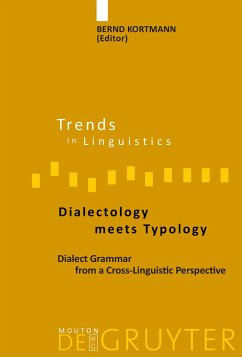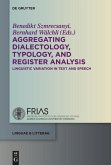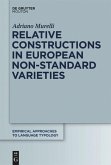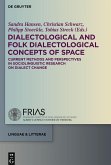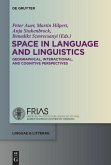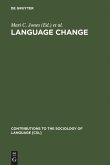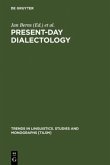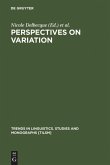In what ways can dialectologists and language typologists profit from each others' work when looking across the fence? This is the guiding question of this volume, which involves follow-up questions such as: How can dialectologists profit from adopting the large body of insights in and hypotheses on language variation and language universals familiar from work in language typology, notably functional typology? Vice versa, what can typologists learn from the study of non-standard varieties? What are possible contributions of dialectology to areal typologies and the study of grammaticalization? What are important theoretical and methodological implications of this new type of collaboration in the study of language variation? The 18 contributors, among them many distinguished dialectologists, sociolinguists and typologists, address these and other novel questions on the basis of analyses of the morphology and syntax of a broad range of dialects (Germanic, Romance, Balto-Slavic, Indo-Aryan).

